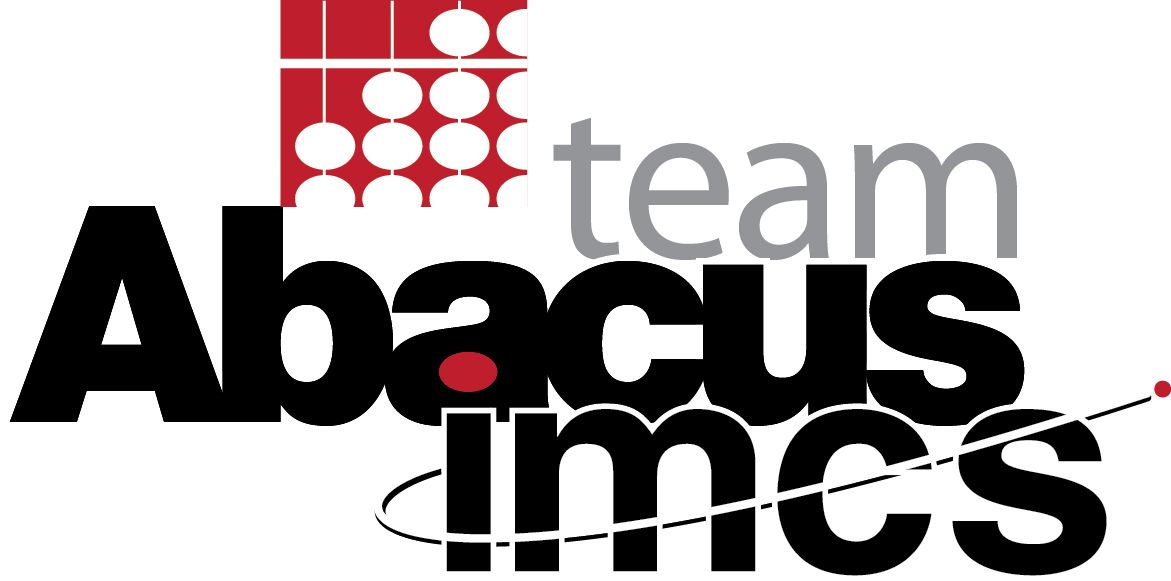

"These kids are time bombs, so it's a race to find their doctor and their parents," explained Sheila Neier, whose job it is to follow up on the test results. If a child tests positive for any of the conditions, the hunt begins, usually within about a week. The lab tests all 76,000 babies born in Washington hospitals each year. The samples are sent through a course of high-tech machines, including a new one called a tandem mass spectrometer, which tests for four different diseases by measuring the weights of molecules in the blood. The drops are dried on what looks like a large postcard, put in an envelope stamped with a stork and a biohazard symbol, and mailed to the state's Public Health Laboratories in Shoreline. For decades, all Washington babies have received a prick on the heel to collect a couple of drops of blood.

On the patient's end, the screening process remains the same. "With a disease like this, knowing early makes all the difference." "I've seen it from both sides now," Corsello said. Today, he's in preschool and doing fine on a restricted diet, but his mom still shudders when she thinks about the trauma of his first weeks of life. Her son, Marek, wasn't diagnosed until he was more than a week old and already hospitalized for severe weight loss and jaundice. The Seattle mom had ordered the test on her own and was feeding Helena soy milk just in case.
#LAURRA CORSELLO ABACUS TECHNOLOGY TRIAL#
Her case was caught as the screening lab was doing trial runs with its new equipment.īut Helena's mother, Laurra Corsello, who already has a 4-year-old son with the condition, wasn't taking any chances. Because she's missing a key enzyme, Helena could face severe mental retardation, blindness, even death, if she were fed galactose, a sugar found in milk. Hers is one of the diseases now screened for in Washington. The 8-month-old has galactosemia, a metabolic condition that occurs in about 1 in 50,000 babies. Already, she added, 29 children have benefited from the additional testing.Ī few drops of blood from Helena Corsello's heel told her parents all they needed to know to save her life. "This is prevention at its best," State Health Officer Dr. In years past, newborns were screened for just four.Įach of the five new conditions is rare, has a tongue-twisting name - homocystinuria, for instance - and has potentially deadly or disabling consequences if left untreated.īut when diagnosed early, treatment is relatively simple - usually a special diet or supplement - and can avert brain damage and death, said Michael Glass, director of the state's Newborn Screening Program.


After spending much of this year rolling out a battery of new blood tests, the state Department of Health announced yesterday that all newborns will automatically be screened for nine life-threatening conditions before they leave the hospital. Babies born in Washington are now being screened for a longer list of genetic disorders.


 0 kommentar(er)
0 kommentar(er)
